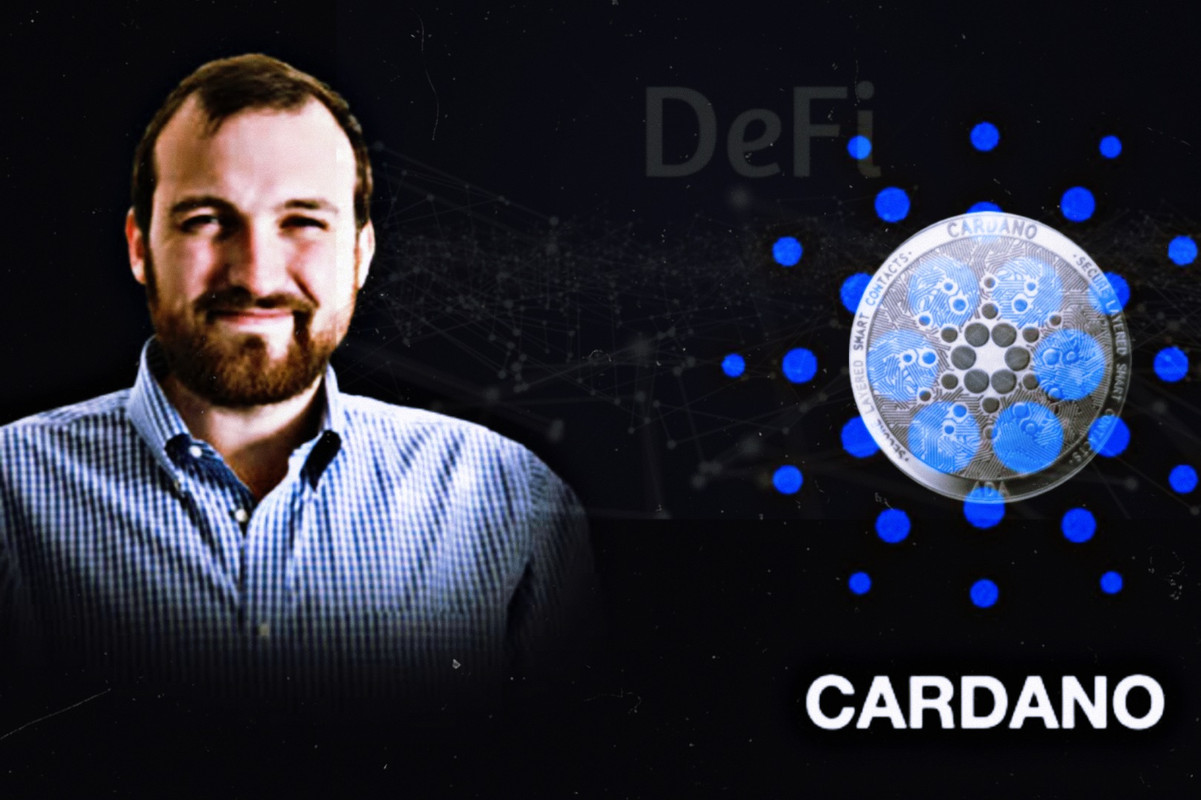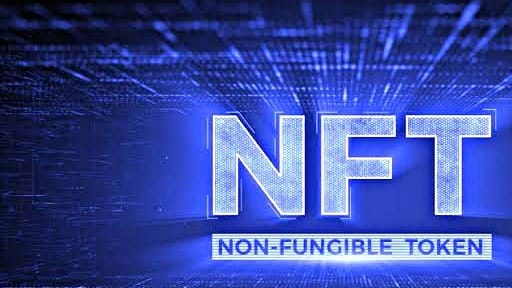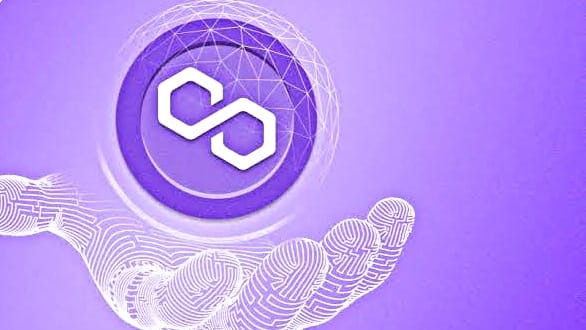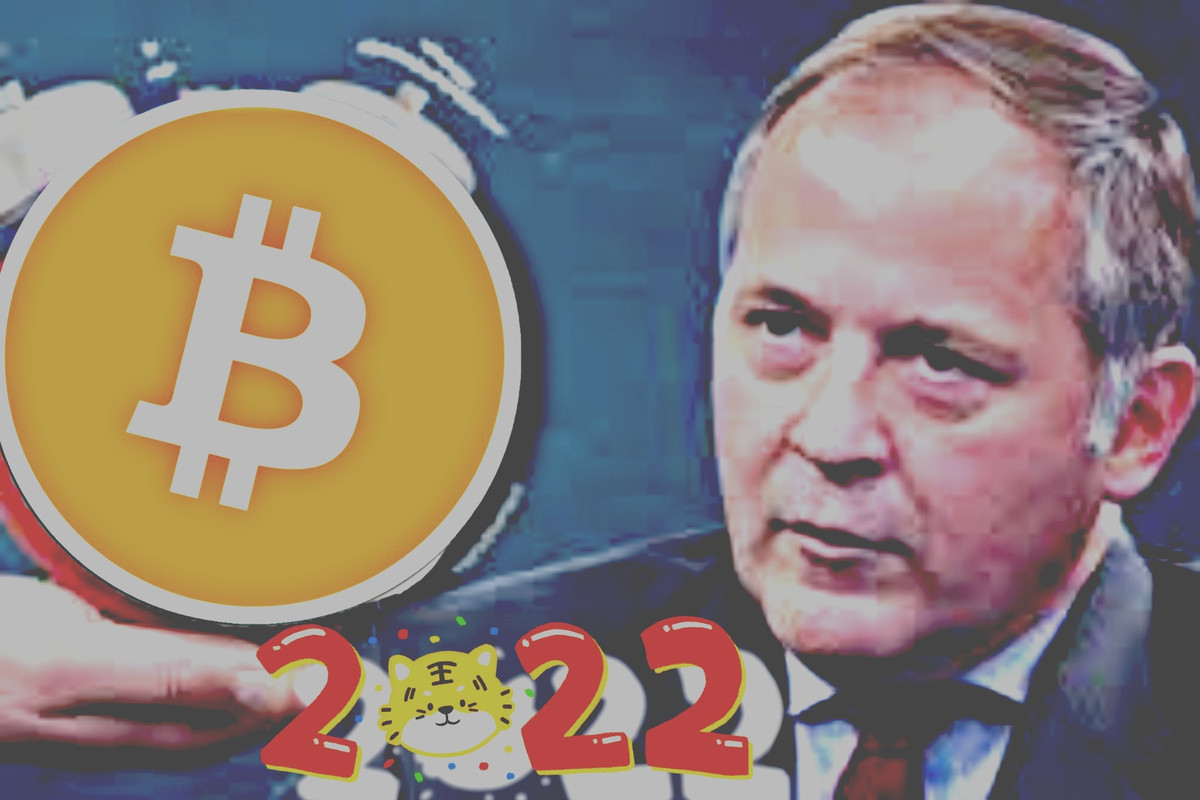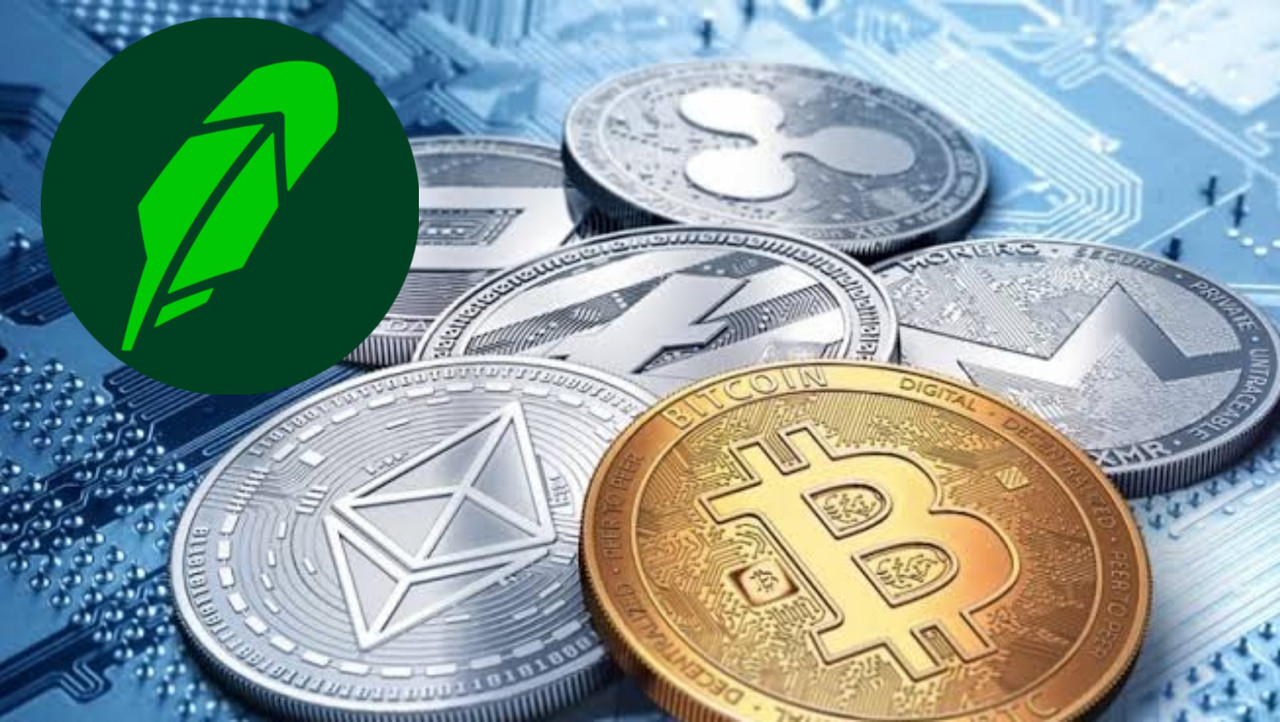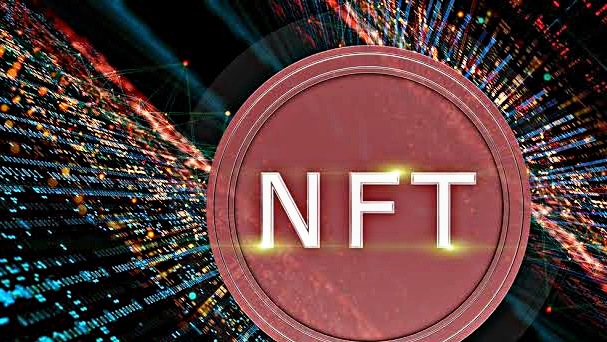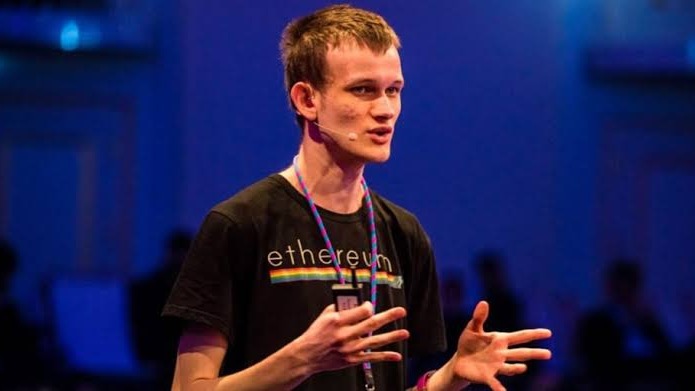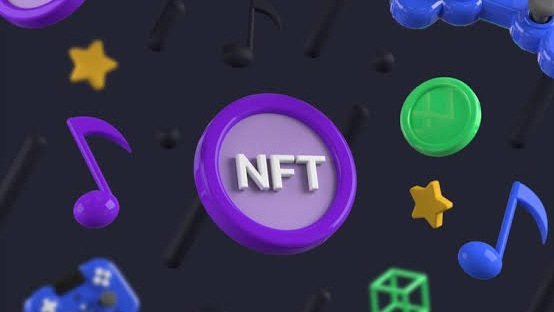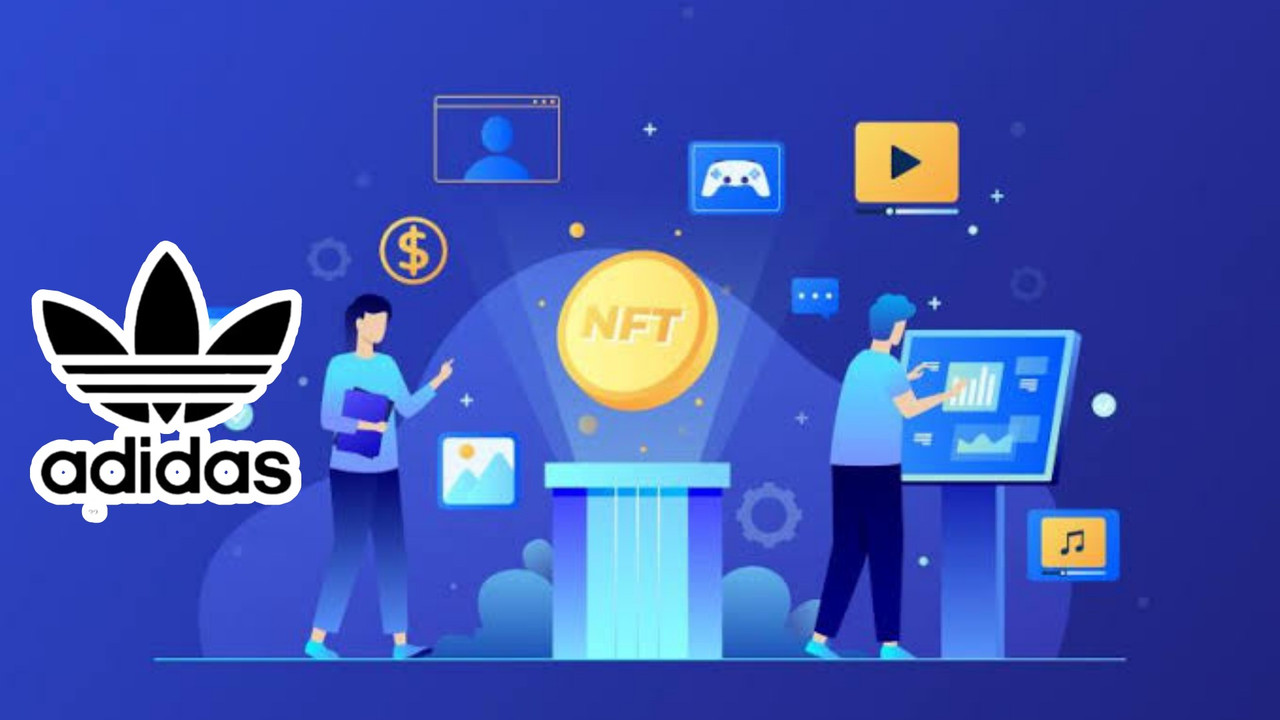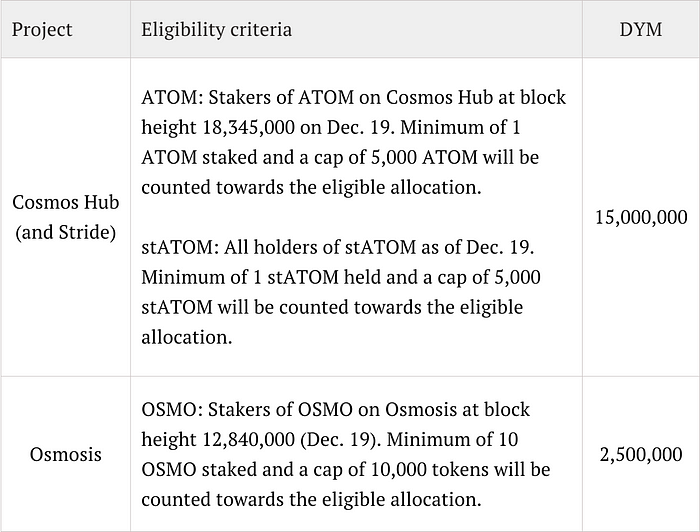During a YouTube livestream from his home in Colorado, Charles Hoskinson, CEO of Cardano developer Input Output, spoke on the disadvantages of decentralized finance, noting that many users are extremely frustrated with the low production quality of applications within the DeFi ecosystem. He goes on to say that losses from scams and breaches, which largely occurred in the Ethereum ecosystem, totaled $10.5 billion in 2021.
Many crypto initiatives, according to the CEO of Input Output, rely on "hope and prayer" rather than rigorous engineering. As a result, he believes that many initiatives will fail to endure the test of time.
"It's really difficult to accomplish this sort of engineering, and it's much more difficult to do it well and with a future in mind."
Developing DeFi standards
Cardano, according to the crypto entrepreneur, will be able to address this by developing a set of DeFi-specific standards that will screen out low-quality apps.
According to Hoskinson, the Ouroboros family of consensus protocols will ensure that Cardano is there for decades.
Cardano's creator claims that he is sick of it.
Assuring scalability is a must.
With the aid of Hydra, a scaling solution named after a legendary monster, and sidechains, it will be able to speed up transactions on Cardano. Within the next several decades, Hoskinson anticipates billions of people to join the ecosystem.
According to Hoskinson, an unprecedented number of developers are working on Cardano's core infrastructure and DeFi ecosystem. Cardano came under criticism earlier this year after a decentralized exchange failed to process transactions owing to a concurrency issue, which Hoskinson maintains is "totally" made-up.



